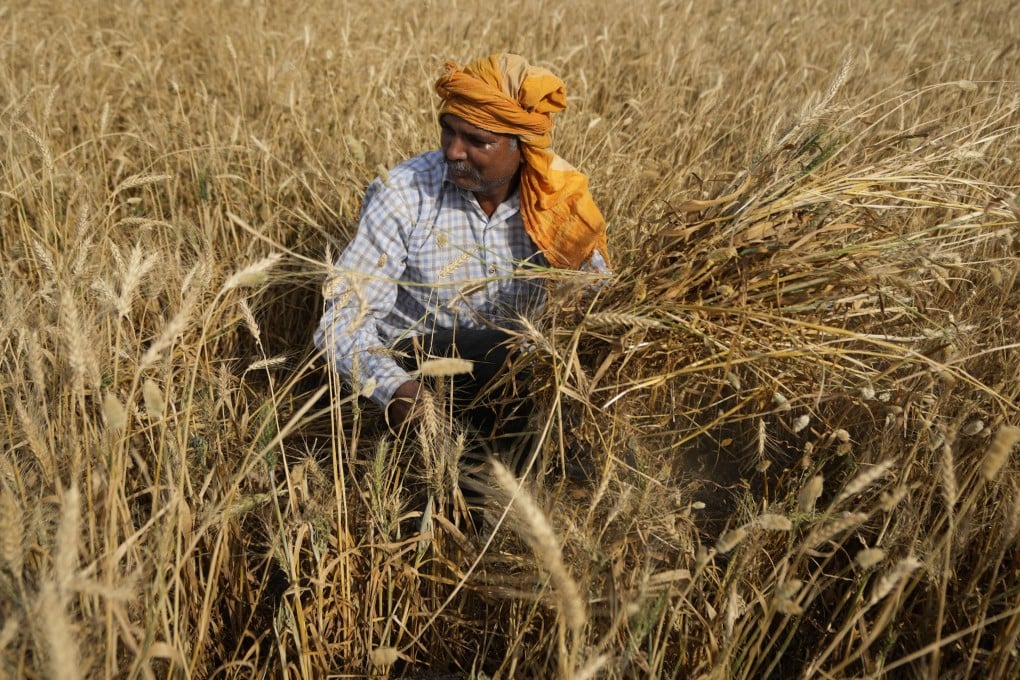The View | Agricultural export bans amid global food insecurities leave developing world to suffer
- Several countries have banned commodity exports since the start of the pandemic, affecting supplies of wheat, rice, fertiliser, palm oil and more
- Instead of harmful bans, the world must help farmers increase production and fill gaps in supplies

Such inward-looking policy actions often have a notable disruption on the highly interconnected global agricultural market. In the case of China’s ban on fertiliser exports, for instance, the impact was felt through a sharp rise in prices across the global fertiliser market as China is the second-largest fertiliser exporter by value after Russia.
As the world came to better manage the worst of the pandemic’s health aspects through the use of vaccinations and other measures, we saw a reversal of grain export bans by the likes of Vietnam and Kazakhstan. The Group of 7 agriculture ministers had criticised the export bans at the time.
Collectively, they make up nearly 30 per cent of global wheat exports, 30 per cent of barley exports and roughly 60 per cent of global sunflower seed exports. Russia alone accounts for about 14 per cent of global fertiliser exports.
For this reason, global grains and oilseed prices have remained elevated in recent months. The UN Food and Agriculture Organization (FAO) Food Price Index averaged 158.5 points in April, down marginally from the all-time high in March but still 30 per cent up from April 2021. This was probably a temporary blip. Prices are likely to show an uptick to a fresh high in the May data, due to be released next month.
